How an Auschwitz Survivor Helped India Get Israel’s Aid in the 1971 War
At a time when the US and its allies publicly backed Pakistan, this little known covert partnership between India and Israel stands out.
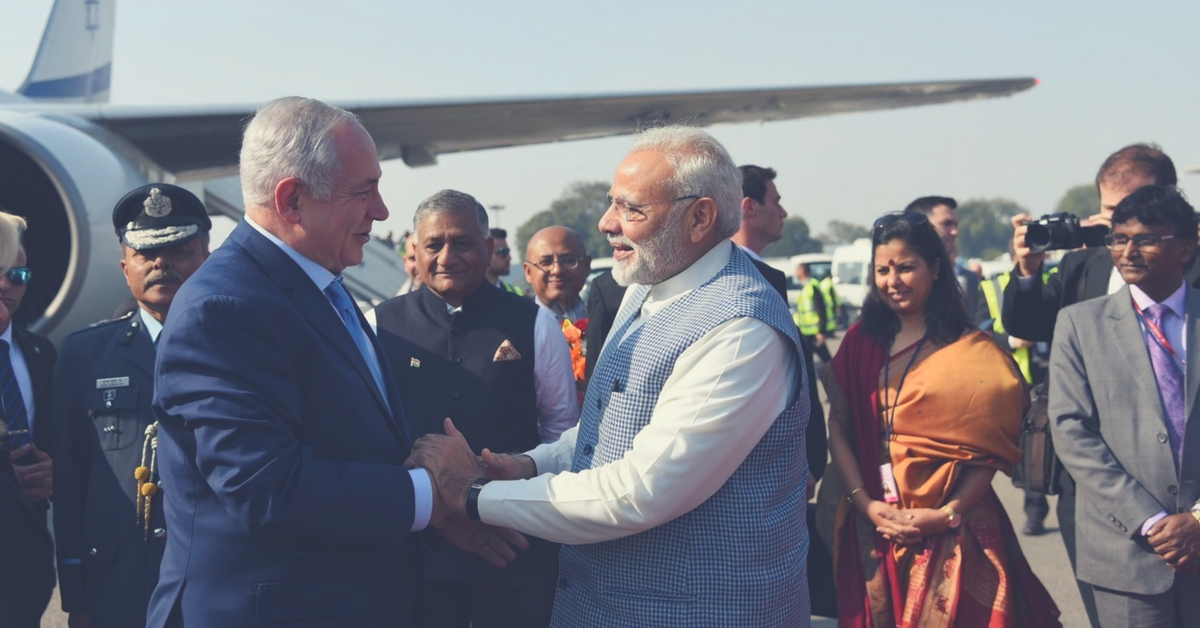
Notwithstanding India’s recent vote in the United Nations against recognising Jerusalem as the capital of Israel, bilateral relations between the two nations have reached new heights in recent times.
India has traditionally supported the cause of Palestine, and it was only in 1992, during the tenure of former PM Narasimha Rao, when the country officially established diplomatic relations with Israel. However, historians have documented how India sought Israel’s assistance on issues ranging from defence to agriculture, way before 1992.
One of Israel’s most significant interventions in India’s favour was the role it played in the 1971 war, which liberated Bangladesh from the clutches of Pakistan.
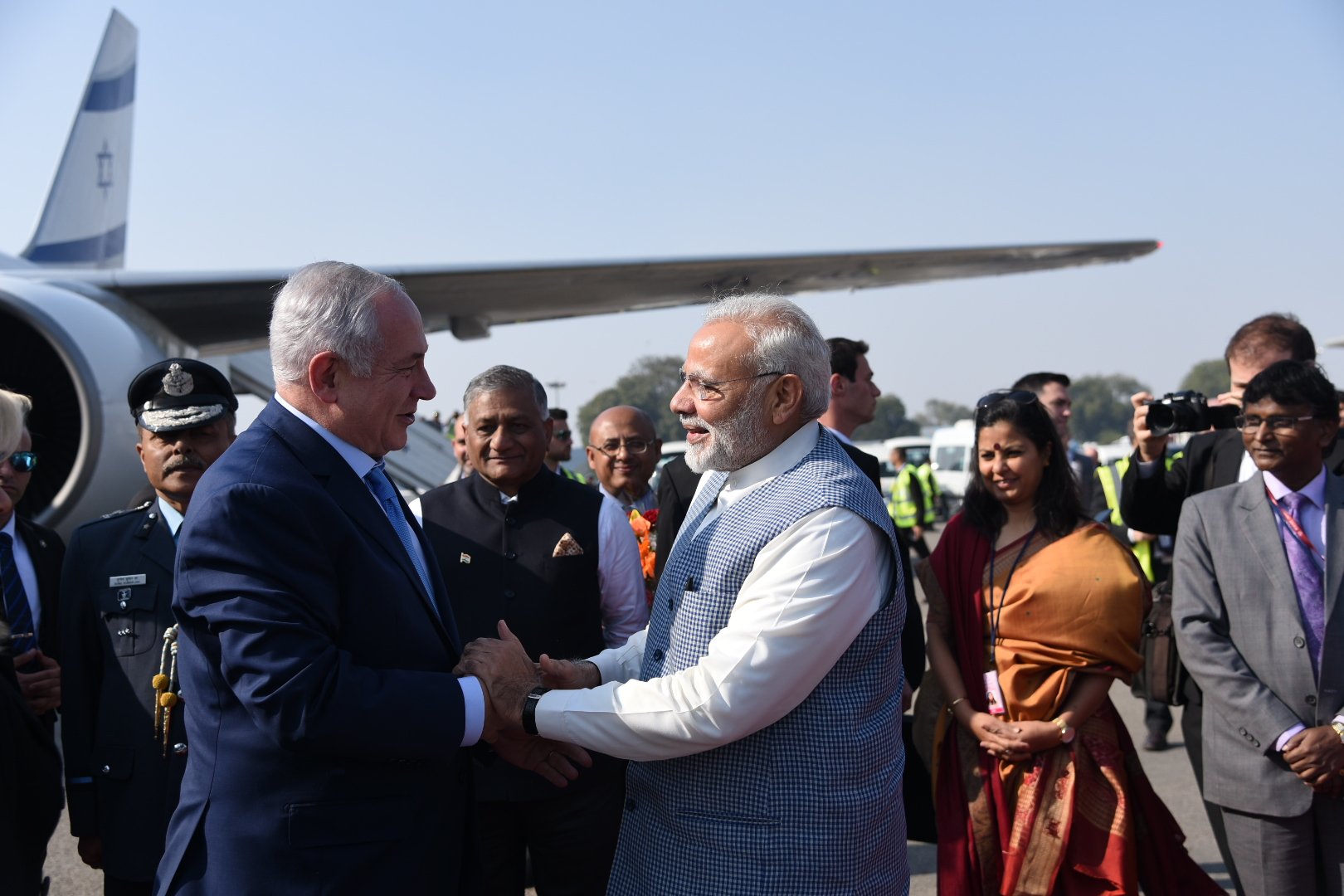
At a time when the US and its allies publicly backed Pakistan and imposed an arms embargo on India, Shlomo Zabludowicz, a Polish Jew and a survivor of the horrific Auschwitz concentration camp, came to the aid of India.
Remembered as a significant figure in the growth and development of the now world-renowned Israeli armaments industry, Zabludowicz was India’s point man in its deliberations with Israel for the supply of critical weapons during the 1971 war.
It is imperative to get into some context, before detailing the assistance Israel provided. When Pakistan sent in its military to brutally quash the rebellion in Bangladesh (then known as East Pakistan) in the early months of 1971, Israel voiced its shock and anger. Addressing the Knesset (parliament) in June 1971, Israel’s foreign minister Abba Eban described Pakistan’s brutal repression as “a human tragedy amounting to genocide.”
“The Jewish people, which has suffered much sorrow and misery in its history, must be especially aware of and sympathetic to human suffering wherever it may be,” Eban said.
Even India’s biggest backer in the international arena, the former Soviet Union, did not take such a resounding position against Pakistan’s actions.
Despite Israel’s very public assertions, there was very little in terms of diplomatic ties with India, considering the latter’s position in favour of Palestine. A proposal for delivering arms to India, which got involved in a full-fledged war, was under consideration.
In a bid to strengthen its support for the Mukti Bahini, a guerrilla resistance movement formed by the Bangladeshis during the 1971 war, India required a steady supply for heavy mortar—something the IDF (Israel Defence Forces) had in their possession.
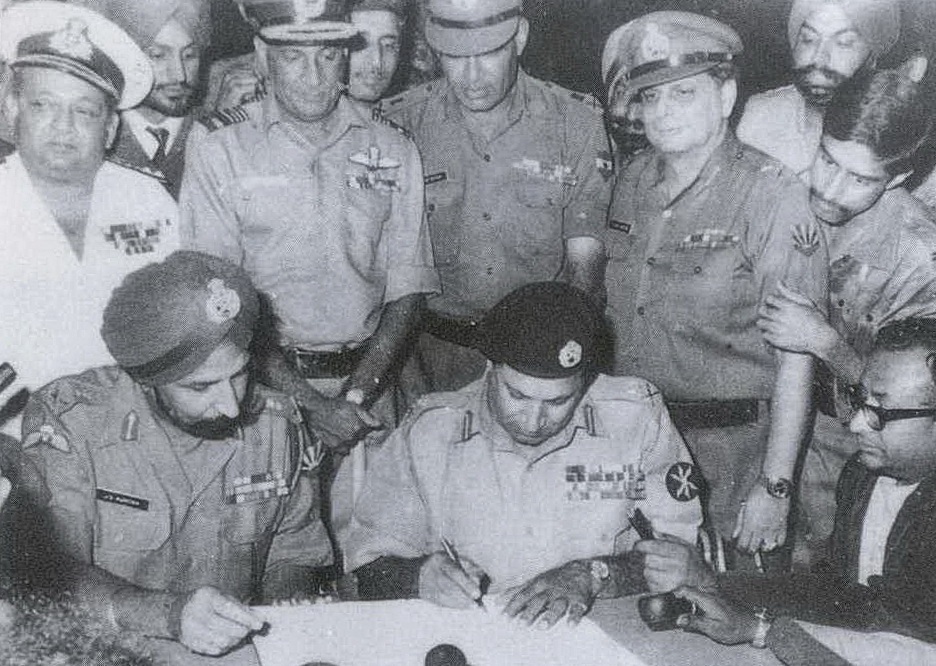
However, prior international commitments to supply heavy mortar to other friendly nations and a domestic shortage made it difficult for the IDF to provide it to India.
PN Haksar, Prime Minister Indira Gandhi’s principal secretary, then reached out to an old acquaintance from London, whom he knew from his tenure as the deputy high commissioner. This acquaintance was Shlomo Zabludowicz.
At that time, Shlomo was heading Establissments Salgad, a Liechtenstein-based firm that had already performed as a conduit for the supply of Israeli arms to India in both the 1962 and 1965 war.
Zabludowicz then reached out to the then prime minister of Israel, Golda Meir, who was a woman of real vision and leadership. She understood the potential benefits of better Indo-Israel relations and saw this moment as an opportunity to carry her vision forward.
In a letter written in Hebrew, which is now available in the Nehru Memorial Museum and Library in New Delhi thanks to the meticulous records maintained by Haksar, Meir is seen telling Zabludowicz, “I asked you to inform the Prime Minister, Mrs Indira Gandhi, that we believe she will know how to appreciate our help in the past and our complying with the approach now.” This letter was written after the first consignment of weapons reached India.
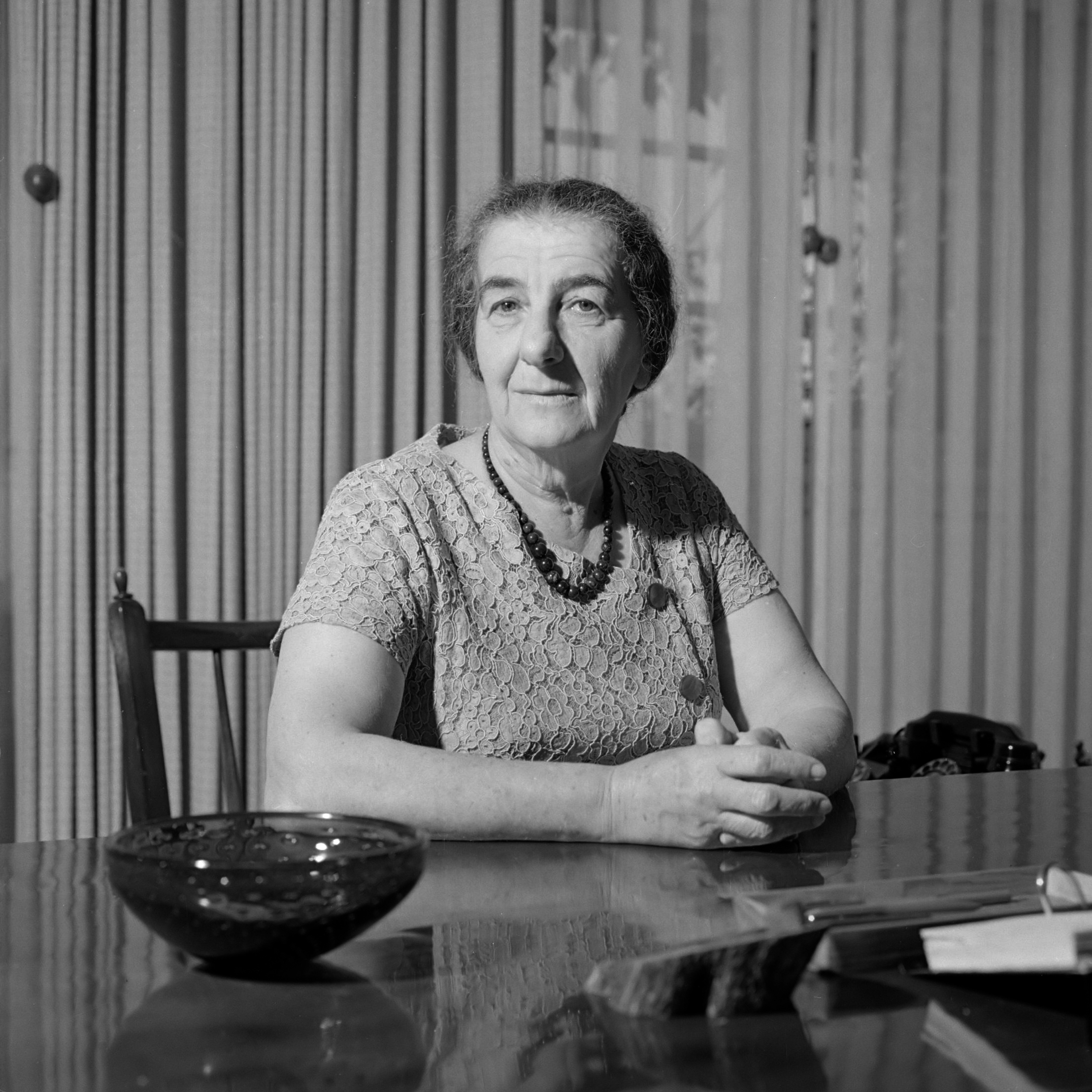
It reached Prime Minister Gandhi’s desk in September 1971 after it was translated by the Israeli consular in Helsinki, Finland. Evidently, these arrangements were shrouded in secrecy, and nothing in the public postures of the two countries suggested that this arms deal was in the works.
In his remarkable book titled ‘1971: A Global History of the creation of Bangladesh,’ noted military historian Srinath Raghavan details this transaction.
Read also: Operation Trident,1971: How Indian Navy Pulled Off One Of Its Greatest Victories
“Zabludowicz had already spoken to the Israeli government and was ‘hopeful of airlifting ammunitions and mortars in September.’ He also agreed to send Israeli instructors with the first lot. Zabludowicz did more than he had promised. He not only diverted the weapons produced for Iran to India but also prevailed upon Tel Aviv to release additional quantities from the Israeli defence force’s stocks. In fact, Israeli Prime Minister Golda Meir was eager to accede to Indira Gandhi’s request,” he writes. In return, Meir sought to official diplomatic relations with India. Although Gandhi took home Israeli arms, no deal on establishing diplomatic relations was forthcoming.
There are other interesting anecdotes in the book. Among the fascinating ones is the note exchanged between the Research and Analysis Wing (RAW) and Haksar on August 4, 1971, which details how the arms and a batch of Israeli instructors would be airlifted, and sent across to the aid of the Mukti Bahini, and the Indian Army.
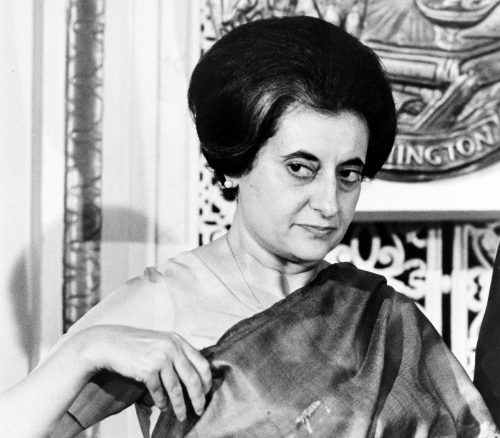
Meanwhile, Iran went back on its assurances to Pakistan that it would offer Karachi cover against an Indian air invasion of the city because of fears that the Soviet Union would retaliate.
Despite United States President Richard Nixon’s best attempts at derailing India’s war efforts by sending in a US Navy fleet in the Bay of Bengal in December 1971 to intimidate New Delhi, India stepped up its offensive, and before anyone knew, Dhaka had fallen to India and the resistance fighters.
Read also: Lion of Ladakh: The Legendary Soldier Who Saved India While Still a Teenager!
International relations are rarely about dealing in binaries, whether ideological or strategic. Even during a time when India’s foreign policy was deeply entrenched in the Palestinian cause, India reached out to Israel for help, and the latter responded in the affirmative. While the credit for seeing beyond the confines of India’s then public and ideological position must go to former Israel prime minister Golda Meir, we should never forget the Auschwitz survivor who made it all happen.
Like this story? Or have something to share? Write to us: [email protected], or connect with us on Facebook and Twitter.
NEW: Click here to get positive news on WhatsApp!
If you found our stories insightful, informative, or even just enjoyable, we invite you to consider making a voluntary payment to support the work we do at The Better India. Your contribution helps us continue producing quality content that educates, inspires, and drives positive change.
Choose one of the payment options below for your contribution-
By paying for the stories you value, you directly contribute to sustaining our efforts focused on making a difference in the world. Together, let’s ensure that impactful stories continue to be told and shared, enriching lives and communities alike.
Thank you for your support. Here are some frequently asked questions you might find helpful to know why you are contributing?


This story made me
-
97
-
121
-
89
-
167













